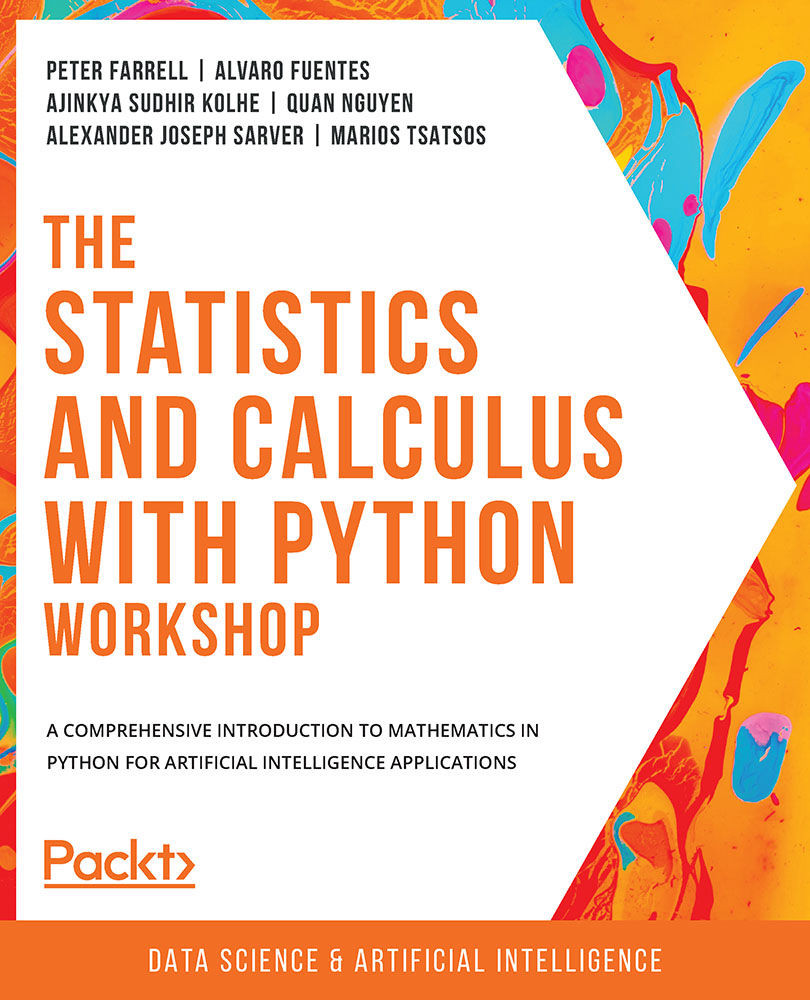It is important to note that, in programming, the actual task of writing code is not the only element of the process. There are other administrative procedures that play important roles in the pipeline that are often overlooked. In this section, we will discuss each task one by one and consider the process of implementing them in Python, starting with testing.
Testing
In order to make sure that a piece of software that we have written works as we intended and produces correct results, it is necessary to put it through specific tests. In software development, there are numerous types of testing that we can apply to a program: integration testing, regression testing, system testing, and so on. One of the most common is unit testing, which is our topic of discussion in this section.
Unit testing denotes the focus on individual small units of the software, as opposed to the entire program. Unit testing is typically the first step of a testing...



 Free Chapter
Free Chapter
